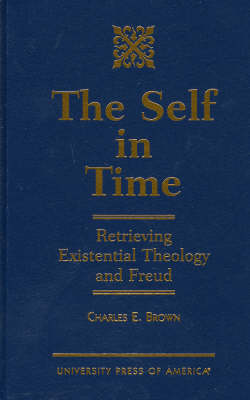This book examines human wholeness and human brokenness in terms of temporal unity and temporal fragmentation. Clearly those existential theologians who were influenced by Martin Heidegger conceive of time in terms of past, present, and future, and call attention to the imbalances in these dimensions of time occasioned by anxiety. Of primary consideration is their insistence that the human being is constituted as a being toward death. Likewise, Freud was deeply interested in time, though his psychology of time is implicit and devoted to unconscious intentionally, which disorders time by virtue of repression, neurotic symptom formation, and the creation of ego defenses. The central focus of the Freudian corpus is how the power of the past influences present functioning, but he also concentrated on the power of the future to intrude into the present by means of anticipatory dread about death, as well as the return of the repressed. Of particular interest to scholars engaged in the ongoing effort to correlate the humanizing aspects of psychology with those humanizing and transcendent dimensions of Christian faith.
- ISBN10 0761805168
- ISBN13 9780761805168
- Publish Date 30 December 1996
- Publish Status Out of Print
- Out of Print 28 March 2017
- Publish Country US
- Imprint University Press of America
- Format Hardcover
- Pages 328
- Language English
